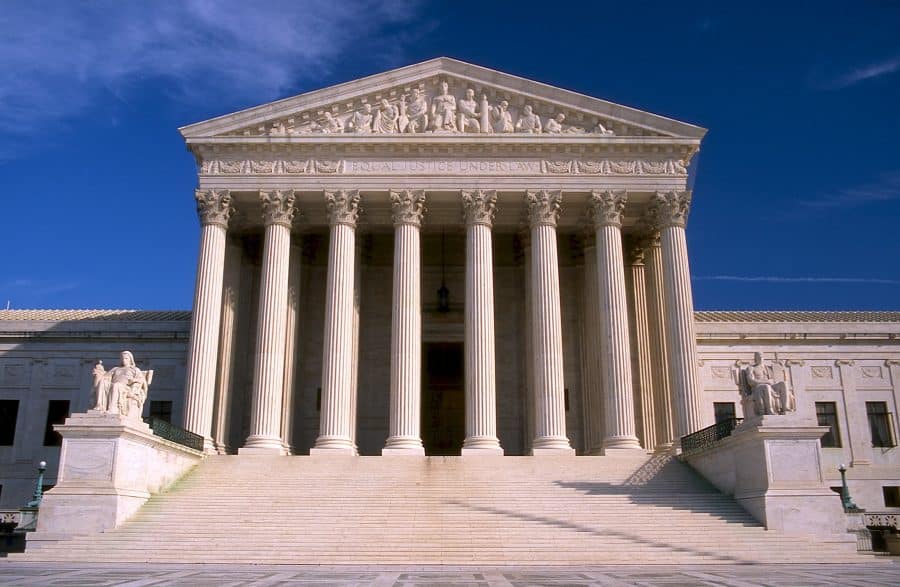The recent arbitration decision could backfire on employers.
The Supreme Court really stuck it to employees in their recent Epic Systems decision. We’ve written about arbitration provisions in general here and why they can be bad for employees. As if giving up your right to a jury trial wasn’t bad enough, arbitration agreements also sometimes contain class action waivers. Employers do not typically negotiate these agreements and employees have to either sign them or walk away from the job. The bargaining inequity inherent in these provisions is something I could go on and on about but I will save that for another day.
The Supreme Court has long-held that arbitration provisions in employment agreements are enforceable (when written correctly) but the open question has always been does the National Labor Relations Act prohibit class action waivers in these agreements?
Section 7 of the NLRA says: “Employees shall have the right to self-organization, to form, join, or assist labor organizations, to bargain collectively through representatives of their own choosing, and to engage in other concerted activities for the purpose of collective bargaining or other mutual aid or protection.”
Opponents of these waivers (including the plaintiffs in Epic Systems) argue that forcing an employee to give up the right to join a class action lawsuit violates Section 7’s “concerted activity.”
Newly-appointed Judge Gorsuch wrote for the majority which held that forcing employees to give up their rights to join class actions against their employer did not violate the NLRA. If you’re scratching your head as to how that could be, you’re not alone.
Many are calling this a huge blow to employee rights and it is. However, employers should be careful what they wish for. Would a company really prefer to arbitrate hundreds of individual claims as opposed to one large class case? Employers who choose to include these waivers in their agreements best be sure to consider this possibility.
So what does this mean for employees? Most likely it means that at the outset we are going to see more employees asked to sign arbitration agreements and I suspect more of those will contain the class action waivers. However, given the burden this is going to place on employers, I suspect the ship will right itself in a few years as companies bear the burden of what they wished for.
In the meantime, we will continue representing our clients and protecting their rights rather it be in arbitration or litigation.



